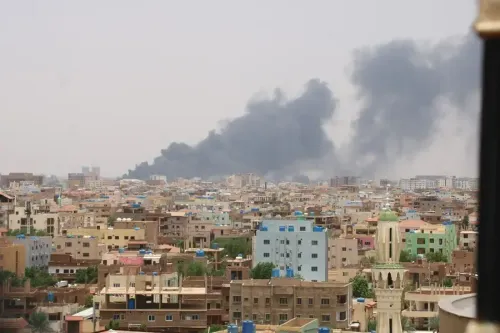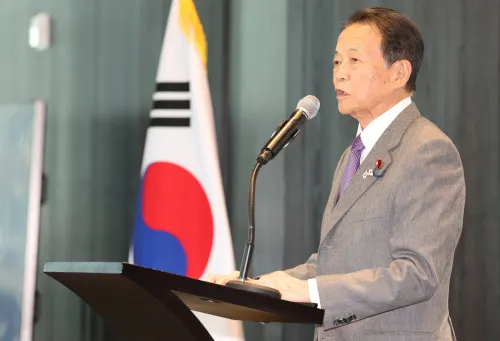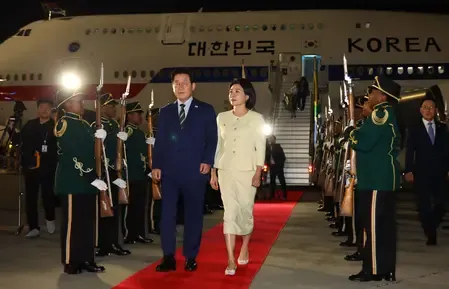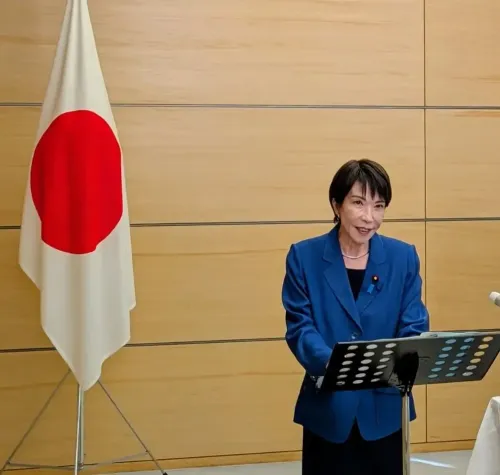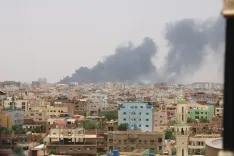How Did Balochistan Celebrate Its 78th Independence Day Amid Restrictions?
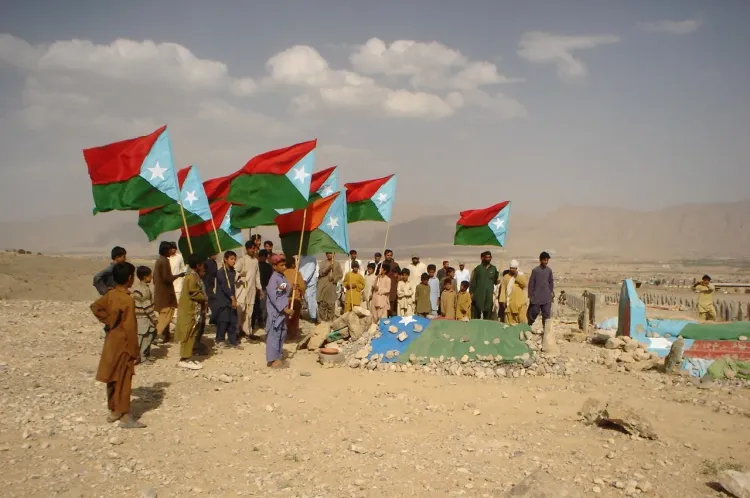
Synopsis
Key Takeaways
- Balochistan's 78th Independence Day reflects ongoing resistance against oppression.
- Section 144 imposed by Pakistani forces aims to suppress celebrations.
- Mir Yar Baloch calls for global recognition of Balochistan's sovereignty.
- The struggle of the Baloch people is rooted in historical injustices.
- Human rights violations in Balochistan continue to draw international attention.
Quetta, Aug 11 (NationPress) Balochistan commemorated its 78th Independence Day on Monday, upholding a tradition that challenges what Baloch human rights organizations label as Pakistan's illegal occupation of the territory.
The quest for Baloch independence has deep historical roots, tracing back to 1947 when the princely state of Kalat briefly declared independence following the partition of British India.
However, in 1948, Pakistan forcefully annexed the area, a decision that Baloch nationalists have consistently opposed.
To curb the Independence Day celebrations, Pakistani authorities enforced Section 144 for fifteen days in Balochistan, an act rejected by the 60 million Baloch population.
Prominent Baloch human rights advocate Mir Yar Baloch accused the Pakistani military of being present in Balochistan during the festivities, claiming they operate without any legal authority, motivated by greed, oppression, and a desire to erase the Baloch identity.
He argued that Pakistan's offenses against the Baloch are not isolated incidents, also pointing to the country's war crimes in Bangladesh, Afghanistan, and Palestine.
Labeling Pakistan as a global godfather of terrorism, Mir alleged it is fostering extremists, training militants, and harboring war criminals, while using the nuclear threat as leverage against the international community.
He criticized the Pakistani army chief, Asim Munir, for claiming that Pakistan could “take down half the world”, describing the remark as reckless.
Mir reminded the global community that it was Pakistan's Inter-Services Intelligence (ISI) that protected Osama Bin Laden in Abbottabad while innocents were being murdered.
Instead of allying with figures like Munir, he asserted that the international community should prosecute them for crimes against humanity.
Reflecting on the quest for freedom, Mir noted, “For millennia, our mountains, deserts, and seas have witnessed the bravery of the Baloch people, who have defended their land from Mongol invasions to British colonial dominance. Half a million Baloch martyrs have sacrificed their lives in defense of our sovereignty, not for conquest, but for the right to live freely on our own soil.”
Mir emphasized that peace cannot flourish while the “boot of occupation” presses down on Balochistan.
Addressing human rights violations in the area, he pointed out that Baloch people are still facing abductions, torture, executions, and repression, while their communities are bombarded, resources plundered, and culture targeted for annihilation.
He asserted that these acts are not merely assaults on Balochistan but constitute violations of the very principles upon which the United Nations was established.
On the occasion of the 78th Independence Day, Mir called on the global community to recognize Balochistan as a free and sovereign nation and to hold Pakistan accountable for its war crimes, nuclear intimidation, and state-backed terrorism.
Additionally, he urged the international community to support the Baloch people rather than an occupying army whose corruption and violence threaten global peace.
“The future will remember who stood with the oppressed and who stood with the oppressor. Choose justice. Choose peace. Choose Balochistan,” he concluded.

